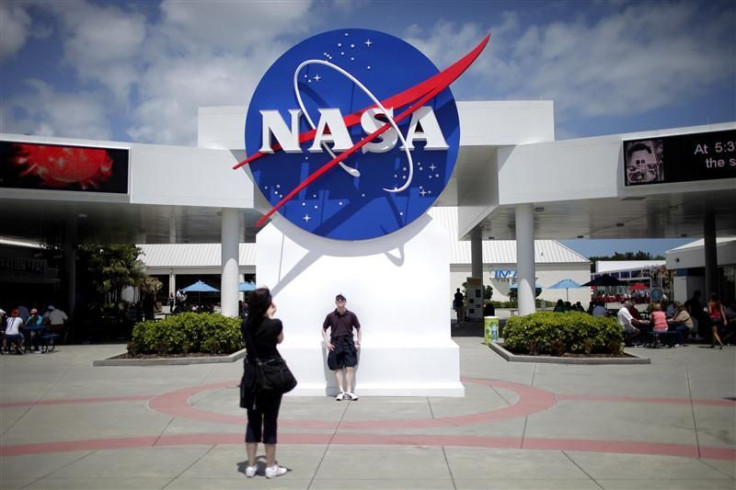Long Space Missions May Cause Astronauts' Brains, Eyes To Develop Abnormalities: Study

Long space missions may cause astronauts' brains and eyes to develop abnormalities, a study published on Tuesday revealed.
Researchers at the University of Texas Medical School in Houston, led by Larry Kramer, a professor of diagnostic and interventional imaging, scanned the eyes and brains of 27 astronauts who had spent an average of 108 days in orbit.
The magnetic resonance imaging, or MRI, found that those who spent more than a month in space had symptoms similar to those of intracranial hypertension. This occurs when pressure builds up within the skull, and it can be serious. There are concerns that the astronauts could eventually have eyesight problems.
The researchers also found evidence that there was excess cerebral spinal fluid around the optic nerve of nine of the astronauts, and that there was also a flattening of the rear of the eyeball in some, Fox News reported. The study was published in the Journal of Radiology.
NASA's medical staff told the media that they were looking into these new concerns.
William Tarver, chief of the flight medicine clinic at NASA's Johnson Space Center, told the BBC that the space agency has placed this problem high on its list of human risks, has initiated a comprehensive program to study its mechanisms and implications, and will continue to closely monitor the situation.
© Copyright IBTimes 2024. All rights reserved.






















